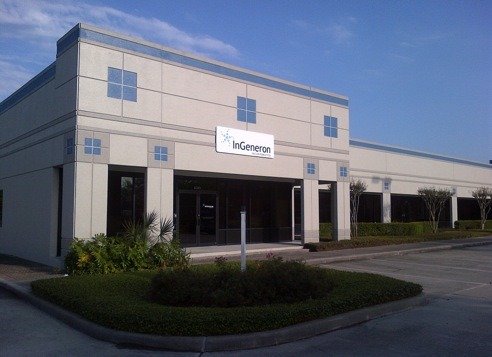
InGeneron said that the study is a double-blinded, multi-center trial aimed at demonstrating the effectiveness of its autologous point-of-care cell therapy in treating the indication.
The US Food and Drug Administration (FDA) approved the study, and patient enrollment has started, where the trial is intended to enroll 246 patients.
The trial is also planned to enroll patients from up to 15 sites across the US and marks the largest regenerative cell therapy studies on the present indication till date.
InGeneron said that the partial rotator cuff tear is one of the most common orthopedic impairments of the shoulder, and is related with a degenerative and often chronic condition found in the supraspinatus tendon.
The company’s therapeutic approach involves isolating regenerative cells from patients’ own adipose tissue through a minimally invasive liposuction procedure, followed by processing the cells using advanced technology, and injecting the isolated cells in the site of the patient’s injury using ultrasound.
The pivotal study is double-blinded and includes a group of patients who receive the cell therapy treatment and a control group that receives a corticosteroid injection.
The corticosteroids are used as a current standard of care in the treatment of partial rotator cuff tears and the patients enrolled in the study are monitored through follow-up visits for 48 weeks following the intervention.
The pivotal trial for rotator cuff tendinopathy representing its clinical lead program, follows the positive outcomes of a previous feasibility study reported in December last year. The feasibility study found that InGeneron’s therapy for rotator cuff tears to be safe and well-tolerated.
InGeneron chief executive officer Angelo Moesslang said: “Following the positive results of our feasibility study, the enrollment of the first patients in this pivotal program is another important milestone on our way toward introducing regenerative cell therapy to clinical practice.
“We look forward to further generating evidence of the safety and clinical benefit of our therapeutic approach, and are optimistic that the trial will support our efforts to obtain a label approval to market our technology for this indication in the U.S.”






